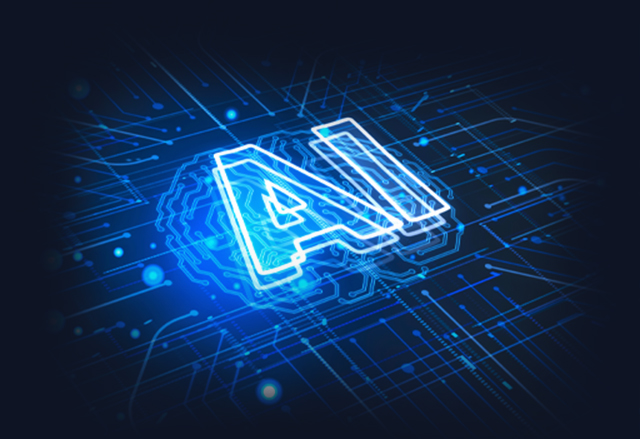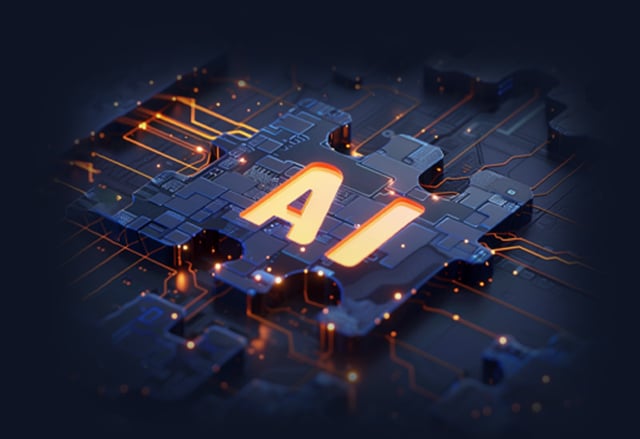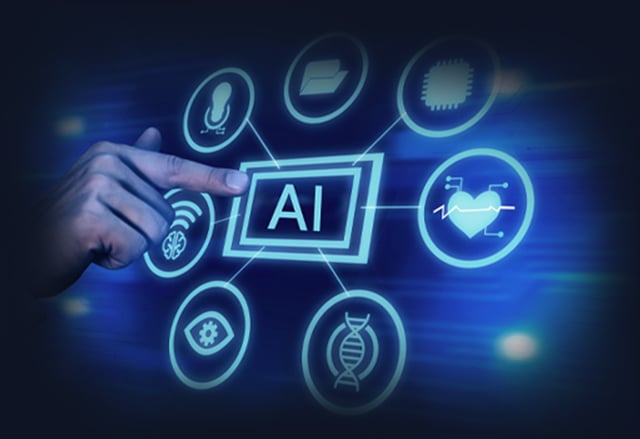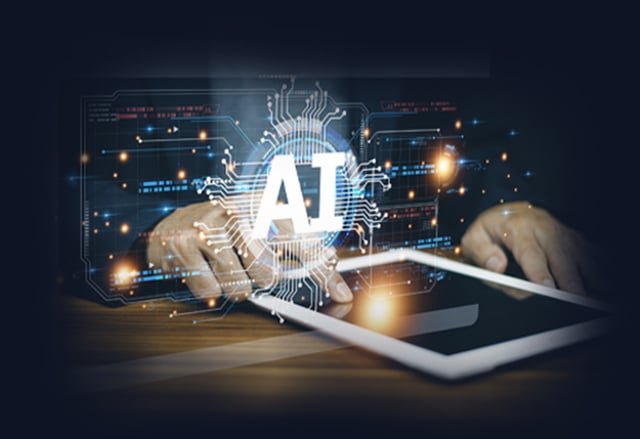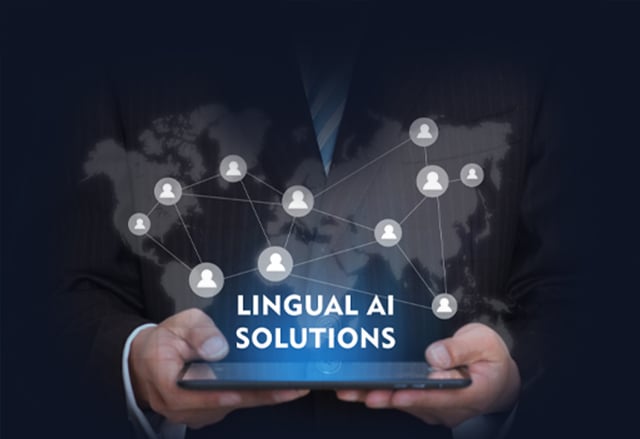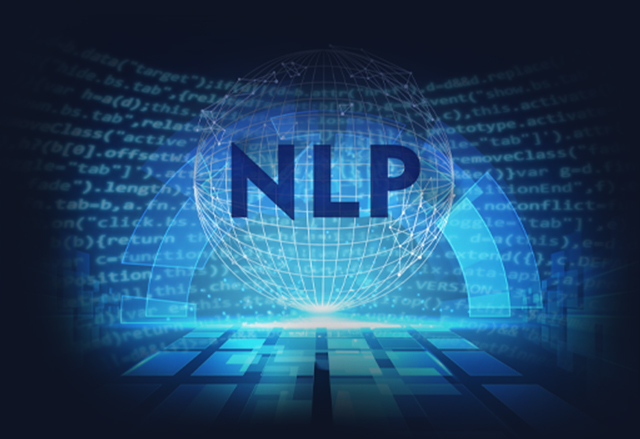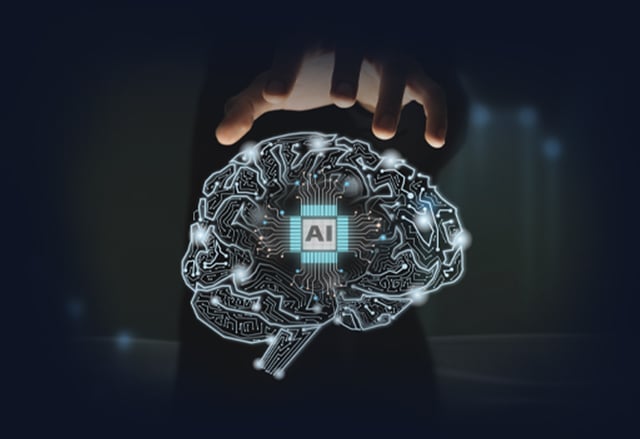Tailored AI: Unleashing Performance Efficiency
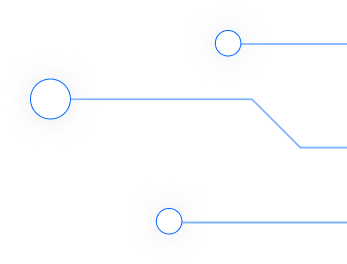
Tailored AI, a bespoke approach to artificial intelligence implementation, is revolutionizing the landscape of performance optimization. Unlike the one-size-fits-all approach, tailored AI involves customizing algorithms, language models, and systems to precisely match the unique requirements and challenges of a given task or industry.
By fine-tuning AI systems to specific needs and objectives, organizations can achieve unprecedented levels of performance optimization. Whether it's streamlining operations, automating repetitive tasks, or unlocking insights from vast datasets, tailored AI empowers businesses to stay agile, responsive, and ahead of the curve in an ever-evolving marketplace.
Let's delve into tailored AI where innovation seamlessly merges with efficiency to take your business process to new heights
Understanding Tailored AI
Tailored AI refers to the practice of customizing artificial intelligence (AI) algorithms and systems to suit the specific needs and objectives of a business enterprise. This customization involves fine-tuning algorithms, advanced data analytics, and system architectures to maximize relevance, accuracy, and effectiveness in delivering desired outcomes.
Unlike shelf solutions, tailored AI nuanced approaches are designed and optimized to address the unique challenges and opportunities within a particular industry, domain, or organizational context.
Advantages Over Traditional Approaches
In contrast to shelf solutions, custom AI configurations offer a multitude of advantages for greater efficiency, effectiveness, and competitiveness. Let's explore how bespoke solutions outshine traditional approaches across various dimension
- Enhanced Performance: By tailoring AI algorithms to fit specific business needs, you can achieve higher performance levels compared to generic or traditional approaches. Customized AI configurations are better equipped to handle the nuances and complexities of real-world scenarios, leading to improved accuracy, precision, and predictive capabilities.
- Optimized Resource Utilization: Tailored AI systems ensure efficient utilization of resources, including data, computational power, and human expertise. By focusing AI efforts on relevant tasks and objectives, businesses are in complete control of their resource, thereby maximizing the value derived from AI investments.
- Increased Adaptability: Customized AI configurations offer greater adaptability to changing project requirements and environmental conditions. You can easily modify and evolve AI systems to accommodate new data sources, emerging trends, or evolving goals, ensuring they remain aligned with strategic objectives over time.
- Improved Decision-making: Tailored AI algorithms provide more accurate and actionable insights, enabling you to make informed decisions with confidence. Whether it's optimizing operational processes, predicting customer behavior, or identifying market trends, customized AI systems empower businesses to leverage data-driven intelligence for competitive advantage.
- Improved Data Quality: Tailored AI configurations enable you to refine and preprocess data according to your specific requirements, resulting in higher data quality and reliability. By filtering out noise, addressing data biases, and enhancing data completeness, customized AI systems ensure more robust and accurate insights, thereby mitigating risks associated with erroneous or incomplete data.
- Enhanced Security and Privacy: Customized AI configurations prioritize data security and privacy by implementing tailored security protocols and encryption methods. Unlike generic AI solutions, which may pose security vulnerabilities due to their broad applicability, tailored AI systems are designed with the specific security needs and compliance requirements of the organization in mind, ensuring confidentiality, integrity, and regulatory compliance of sensitive data.
As strong as these advantages are, it is crucial to know how we can integrate them across different sectors. Let's find out!
Tailored AI Systems Across Industries
Custom AI solutions are revolutionizing industries, boosting efficiency, enhancing user experiences, and driving tangible business outcomes.
E-commerce:
Tailored AI in e-commerce can optimize personalized recommendations, personalize marketing strategies, and streamline supply chain operations. By analyzing customer preferences and behavior, AI algorithms can deliver targeted product suggestions, leading to higher conversion rates and increased sales.
Additionally, conversational AI can enhance customer engagement by providing real-time assistance and resolving queries promptly, improving overall customer satisfaction and loyalty. Furthermore, AI-driven inventory management and demand forecasting can optimize stock levels, minimize wastage, and ensure timely product availability, ultimately reducing costs and maximizing profitability.
Healthcare:
In healthcare, tailored AI configurations can revolutionize patient care, diagnosis, and treatment. AI-powered diagnostic tools can analyze patient data with remarkable accuracy, aiding clinicians in early disease detection and personalized treatment planning.
Moreover, predictive analytics algorithms can identify high-risk patients and recommend preventive interventions, leading to improved health outcomes and reduced healthcare costs. Additionally, AI-driven virtual assistants can automate administrative tasks, streamline workflows, and enhance the efficiency of healthcare delivery, allowing clinicians to focus more on patient care.
Telecom:
Tailored AI configurations in the telecom industry can optimize network management, enhance customer experience, and enable predictive maintenance. AI algorithms can analyze network data in real time to detect anomalies, predict failures, and optimize resource allocation, leading to improved network performance and reliability.
Moreover, AI-powered chatbots and virtual assistants can assist customers with troubleshooting, account inquiries, and service activations, reducing customer wait times and improving satisfaction. Additionally, predictive analytics can anticipate customer churn and proactively offer retention strategies, ultimately increasing customer loyalty and lifetime value.
Fintech:
In fintech, tailored AI configurations can revolutionize fraud detection, risk management, and personalized financial services. AI algorithms can analyze transaction data and user behavior to detect fraudulent activities in real time, reducing financial losses and enhancing security.
Moreover, AI-driven credit scoring models can assess credit worthiness more accurately, enabling lenders to make informed lending decisions and expand access to credit. Additionally, AI-powered robo-advisors can offer personalized investment advice and portfolio management services, catering to the unique financial goals and preferences of individual clients.
Education:
Tailored AI configurations in education can personalize learning experiences, improve student outcomes, and optimize administrative processes. AI algorithms can analyze student performance data and learning preferences to deliver personalized content, adaptive assessments, and targeted interventions, enhancing student engagement and academic success.
Moreover, AI-powered administrative systems can automate routine tasks, such as grading and scheduling, freeing up educators' time for more meaningful interactions with students.
Legal:
In the legal industry, tailored AI configurations can streamline document review, automate contract analysis, and enhance legal research. AI-powered natural language processing (NLP) algorithms can analyze vast amounts of legal documents and case laws to identify relevant precedents, extract key insights, and streamline legal research processes.
Moreover, AI-driven contract management systems can automate contract drafting, review, and analysis, reducing manual errors and speeding up turnaround times. Additionally, AI-powered virtual assistants can assist legal professionals with administrative tasks, such as scheduling meetings and organizing documents, increasing productivity and efficiency.
Government:
Tailored AI configurations in government can improve service delivery, enhance decision-making, and optimize resource allocation. AI algorithms can analyze citizen data and service requests to identify patterns, trends, and areas for improvement in public services, enabling governments to prioritize resources and address critical needs more effectively.
Moreover, AI-driven advanced analytics can forecast demand for public services, such as transportation and healthcare, allowing governments to plan and allocate resources proactively. Additionally, AI-powered virtual assistants can assist citizens with inquiries, applications, and service requests, improving access to government services and enhancing citizen satisfaction.
After exploring the myriad benefits customizable AI offers across industries, let's delve into the mechanisms that drive peak performance in AI systems
Performance Optimization in AI
Performance efficiency plays a pivotal role in the effectiveness and success of AI applications across various domains. Efficient AI strategies not only deliver faster results but also consume fewer computational resources, leading to cost savings and improved scalability.
Data Optimization Techniques
Optimizing data through preprocessing, feature engineering, and compression reduces computational overhead, accelerating insights and decision-making. By ensuring AI algorithms operate on high-quality data efficiently, organizations gain faster, more accurate results, enhancing productivity and competitiveness.
Model Optimization Methods
Streamlining AI models via pruning, quantization, and parallelism minimizes computational complexity without sacrificing performance. Leveraging optimized architectures and parameters speeds up tasks like training, boosting efficiency and scalability while conserving resources.
Hardware and Infrastructure Optimization
Utilizing specialized accelerators and optimizing hardware configurations reduces bottlenecks and latency in AI workflows. Cloud-based solutions, edge computing, and containerization improve resource utilization and scalability, enabling organizations to deploy and manage AI applications more efficiently across diverse environments, driving cost savings and agility.
Continuous Learning and Adaptation
Embracing continuous deep learning and adaptation through techniques like online learning and feedback mechanisms enables AI systems to evolve with changing data and project requirements. Real-time monitoring and optimization ensure peak performance, fostering agility, innovation, and sustained competitive advantage.
As we navigate the digital era, the call to action resounds loud and clear: business owners and entrepreneurs must prioritize and invest in optimized AI configurations. The transformative impact on operational efficiency, customer satisfaction, and overall competitiveness cannot be overstated.
By recognizing the power of tailored AI, businesses position themselves at the forefront of innovation, ready to harness the full potential of futuristic solutions.
Frequently Asked Questions (FAQs)
Can small businesses benefit from tailored AI configurations?
Absolutely. Tailored AI is scalable and adaptable, making it suitable for businesses of all sizes.
How often should businesses update their AI configurations?
Regular reassessment is advisable to align configurations with evolving goals and industry trends.
Can businesses measure the ROI of investing in tailored AI?
Yes, businesses can measure the return on investment by tracking key performance indicators (KPIs) related to operational efficiency, customer satisfaction, and other sector-relevant metrics.


